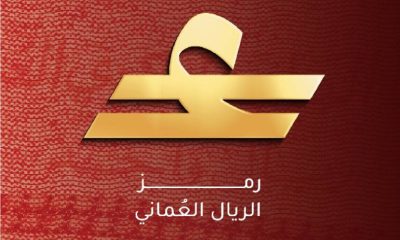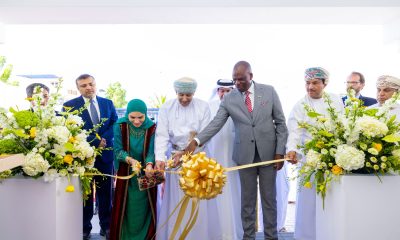International
Iran’s return to global oil markets may be stymied by production hurdles: Moody’s

Iran’s return to the global oil market will add supply to an oversaturated market, but the country faces challenges in ramping up its production, says Moody’s Investors Service.
While Russia and Saudi Arabia agreed on February 16 this year to freeze their oil output in an attempt to stabilize prices, that deal doesn’t yet include Iran. Moody’s forecasts that Iran will add more than 500,000 barrels per day (bpd) to the global oil market in 2016, putting more pressure on prices.
Iran does however still face significant hurdles to boosting its oil production meaningfully beyond those levels, according to the report “Iran’s Ability to Boost Oil Production Faces Technical and Political Hurdles.”
The report states that to raise production Iran needs to regain its customer base, attract investment to upgrade its oil fields and successfully navigating a range of political risks.
“Iran will try to increase exports to China, but regional rivalries could hinder this effort, with Saudi Arabia currently China’s largest crude supplier,” said Waheed Sheikh, a Moody’s Associate Analyst, “China will likely maintain its crude import policies rather than risk damaging ties with either country.”
Another hurdle for Iran is its ageing oil infrastructure, which industry experts say requires $150-$200 billion in capital investment to modernize. “Many integrated oil companies are simply unable to invest right now because low oil prices have weakened their earnings and pushed their cash flow deeper in the red,” said Sheikh. “Integrated oil companies will need to cut capital spending through at least 2016.”
In addition, oil companies in the US are prohibited from investing in Iran as the US maintains primary sanctions on the country related to terrorism and ballistic missile development.
Iran’s failure to comply with these sanctions or with the P5+1 nuclear agreement, signed by China, France, Germany, Russia, the UK, and the US, represents a political risk, as do parliamentary elections set to take place in Iran this month. These elections will decide whether hardline conservatives or reformists come to power, which could influence whether Iran pursues rapprochement with the US.
-

 Banking & Finance2 weeks ago
Banking & Finance2 weeks agoOman Oil Marketing Company Concludes Its Annual Health, Safety, Environment, and Quality Week, Reaffirming People and Safety as a Top Priority
-

 Economy2 months ago
Economy2 months agoMaal Card: What Oman’s New National Payment Card Means for Everyday Users
-

 News2 months ago
News2 months agoSheikh Suhail Bahwan, Chairman of Suhail Bahwan Group, Passes Away
-

 News1 month ago
News1 month agoOIG Appoints New CEO to Lead Its Next Chapter of Excellence
-

 News1 month ago
News1 month agoReport: How India & The Middle East Are Exploiting Immense Economic Synergies
-

 Economy2 months ago
Economy2 months agoOman Unveils Official Omani Rial Symbol in Landmark Move to Boost Global Currency Presence
-

 Uncategorized1 month ago
Uncategorized1 month agoOman’s ISWK Cambridge Learners Achieve ‘Top in the World’ and National Honours in June 2025 Cambridge Series
-

 Trade2 months ago
Trade2 months agoConsulate Office of the Republic of South Africa opens in Muscat, enhancing bilateral relations





























You must be logged in to post a comment Login